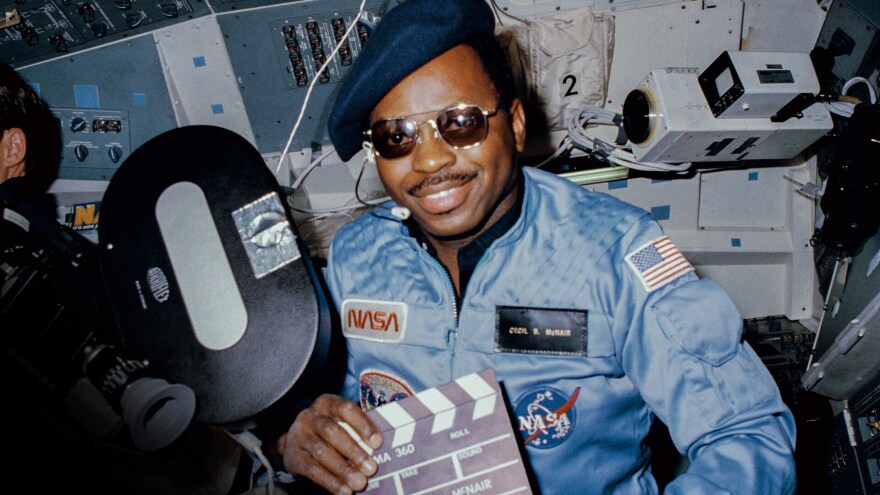When the Whitaker St. Louis International Film Festival returns to Cinema St Louis on Thursday, festivalgoers will get to see how filmmakers from around the world approach their art.
Festival organizers will play almost 280 films, documentaries and shorts at the festival, which runs through Nov. 19 at the Alamo Drafthouse, Webster University, Washington University, the Contemporary Art Museum and the Hi-Pointe Theatre.
The festival will continue its Race in America: The Black Experience Spotlight, with 16 films that focus on stories documenting the Black experience.
This year’s spotlight was programmed by St. Louis-based filmmaker Emmett Williams. The lineup includes “Black Barbie,” a documentary by Lagueria Davis on the first Black Barbie doll, and “Ellis,” a movie about acclaimed jazz pianist Ellis Marsalis, directed by Sascha Just. The film will be shown at Washington University in tribute to St. Louis Post-Dispatch jazz and theater critic Calvin Wilson, who died in August.
Cinema St. Louis purchased the Hi-Pointe in January. The venue is the organization's new home and will play a variety of award-winning films, Executive Director Bree Maniscalco said.
“We have multiple films that are Oscar entries for many other categories and countries,” Maniscalco said. “We have films that have played at the likes of Telluride, Toronto and Cannes, so they've done the festival circuit and they are picking up prizes left and right, so audience members truly will get to see the best of the best this year.”
Several filmmakers will be honored at this year’s festival. Animator Signe Baumane will receive the Women in Film Award, while Academy Award and Golden Globe winner Alexander Payne, documentarian Barbara Kopple and East St. Louis filmmaker Reginald Hudlin will receive lifetime achievement awards.
The Black Experience Spotlight also will include a screening of “The Space Race,” a documentary by directors Diego Hurtado de Mendoza and Lisa Cortes on the first Black astronauts who joined NASA.
“This is a time now where there is a concerted erasure of the stories and contributions of people of color,” Cortés said. “Not only is it inspirational, but it makes people literally thirsty to know what else about the history and contributions of African Americans that haven't been told.”
Cortés and Mendoza took about five years to work on the National Geographic film. Cortés said it was important to allow Black astronauts, scientists and pilots like Ed Dwight, Charles Bolden, Guion Stewart Bluford and Arnaldo Tamayo to share their stories in the film without testimonies from other sources.
“It takes time to center the participants' voices through numerous elements that we use in our storytelling,” Cortés said. “But that was very important for us, to give them agency to tell their story.”
The festival runs as the movie industry faces numerous challenges. While box office numbers have improved since the coronavirus pandemic led studios to reconsider releasing films in theaters, ticket sales remain lower than before the pandemic began. The percentage of Americans who strongly prefer watching films through streaming services like Netflix and Amazon Prime Video jumped by 8% in 2022.
Maniscalco said that while the industry faces huge challenges ahead, she hopes the festival captures the hunger of fans looking for a communal space to watch films, while also benefiting the filmmakers.
“[Filmmakers] sit in there and they hear the audience reacting together as a group of people and it helps them know, ‘great, this part of my movie is really being picked up on the way that I wanted to,’ or maybe it helps them sort of tweak something before they finalize their film in hopes of getting it picked up by a distributor,” Maniscalco said. “It's a very helpful experience on both ends for the filmmaker and the film attendee.”




